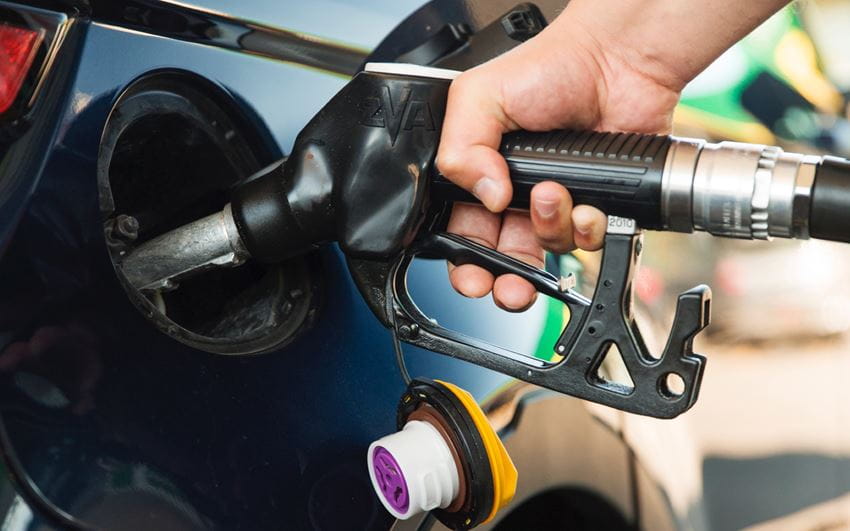The big question: petrol or diesel?
Because of their fuel efficiency and ever lower levels of CO2 emissions, diesel cars were for many years the most popular choice for lease drivers, but have been losing ground in recent times. Since excise duties on diesel and petrol have become more uniform, diesel cars have lost some of their price advantage.
The image of diesel cars has been seriously dented by a growing awareness of the high emissions of harmful particulates and the dieselgate scandal of 2015. Nevertheless, choosing the right type of fuel or drive remains a difficult issue. When does petrol become more advantageous than diesel, and vice versa? Or, in other words, what is the turning point in the choice of fuel?
Brandstofomslagpunt
De essentie van het brandstofomslagpunt is om te bepalen bij welke kilometrage het ene brandstoftype resulteert in een lagere gebruikskost (de maandelijkse leasekost rekening houdend met belastingen en fiscale aftrekbaarheid) dan het andere brandstoftype. Het is quasi onmogelijk om van één algemeen omslagpunt te spreken. Om een zuiver omslagpunt te bepalen, dienen auto’s namelijk één op één met elkaar vergeleken te worden en dat is technisch onmogelijk.
LeasePlan spreekt daarom liever over een omslagrange dan een omslagpunt. Deze omslagrange geeft ook aan wanneer het voordeliger is om een benzinemotor te kopen ten opzichte van een dieselmotor en omgekeerd ... maar dat resulteert volgens LeasePlan in een brede vork en niet één welbepaald punt waarop de keuze kan bepaald worden.
Time for research
In 2015, the federal government announced that there will be more uniformity between excise duties on diesel and petrol in the coming years. This means that excise duties will be reduced on petrol and increased on diesel. It was in response to this announcement that LeasePlan carried out a study into the turning point of petrol and diesel-powered cars.
This involved LeasePlan comparing the various petrol and diesel versions as much as possible on the basis of engine power. The first finding to emerge from the study was that the turning point had clearly shifted in favour of petrol cars compared to previous years. In other words, the number of kilometres that a petrol car can clock up annually before it becomes more expensive than driving a diesel car has increased. A petrol car is therefore preferable to the diesel version for those employees who record a low mileage.
The second finding was that the turning point varies for each car segment and that, even within the segments, the results between the various makes and models are different. The turning point in the small city car segment, for example, is considerably higher than in the luxury car segment. One explanation could be that increasing numbers of fuel-efficient petrol models are being introduced in these smaller segments.
Conclusion
As you have seen, the choice between petrol and diesel isn't straightforward and depends on many factors. So to help you decide, it would be advisable to consult with your fleet manager, who in turn can call on the expertise of the designated contact person at LeasePlan.

